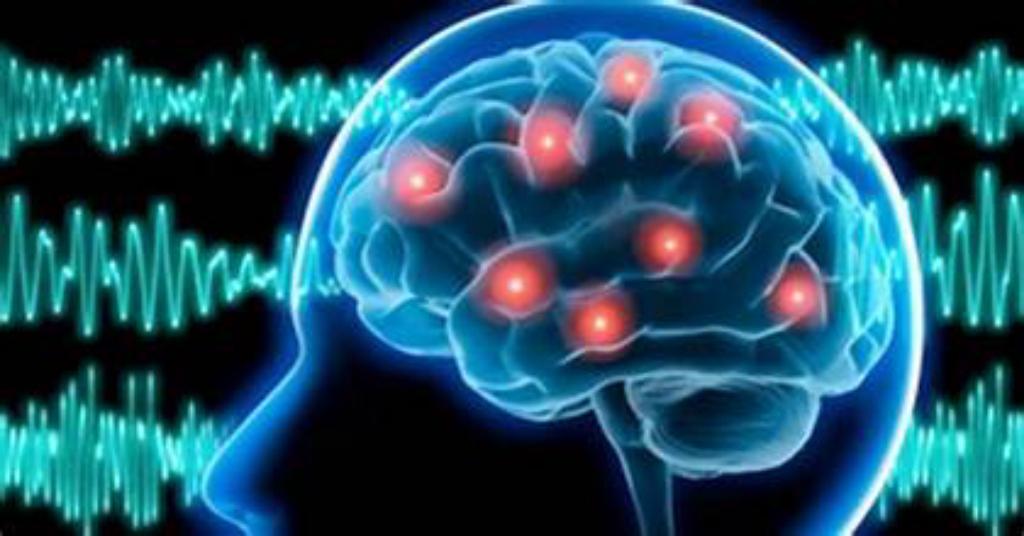Africa-Press – Cape verde. Neurologist Antónia Fortes from the Agostinho Neto University Hospital said today that in Cape Verde around five thousand people suffer from epilepsy, the majority of them being in their childhood and adolescence.
Antónia Fortes, who spoke in an interview with Inforpress on the occasion of World Epilepsy Day, which is celebrated on the Monday of the second week of February, said that one of the most frequent epilepsies in Cape Verde is secondary epilepsy, cysticercosis of the central nervous system, which is a parasitic infection of the brain, and vascular epilepsy, both of which are preventable.
Epilepsy secondary to head trauma is another type of epilepsy highlighted by the neurologist.
The neurologist who treats patients with this disease at this hospital pointed out that a brain tumor can cause symptomatic epilepsy, after a head injury a person can develop epilepsy, due to a lack of oxygen during birth a baby can be born with a lack of oxygen in the brain and develop epilepsy later, a stroke, infections of the central nervous system, among other causes that can lead a person to have epilepsy.
“We don’t know the cause of fifty percent of people who have this disease and many are difficult to control, but we have treatment with antiepileptics and if this medication is well chosen, depending on the type of epilepsy, around 70% of people who live with epilepsy can be free of seizures with the appropriate use of anticonvulsant medication,” he added.
At the level of Cape Verde, it was considered that the country has adequate structures for the treatment of this disease, with the involvement of all health professionals, both in terms of primary care and secondary and tertiary care, with the support of general practitioners, general and family doctors, internal medicine and neurologists.
Although the country has adequate structures for the treatment of epilepsy, Antónia Fortes considered that some challenges still persist, mainly in the diagnostic methods for this pathology and difficulties in accessing medication.
When asked what to do when witnessing an epileptic seizure, he said that in these cases, first of all, you have to stay calm, reassure those around you, prevent the person from falling suddenly to the ground, placing them lying on their side comfortably, protecting their head with something soft, do not hold the person down or prevent them from moving their limbs, as this could cause a dislocation or fracture.
“Remove all objects that could hurt, loosen the person’s clothing, if possible lift the chin to facilitate the passage of air, do not put any object in the mouth during the convulsive crisis, do not spank, do not throw water on the person, nor offer anything to smell and stay by the person’s side until he or she regains consciousness. And if we don’t recover very quickly, we have to resort to closer health structures”, he recommended.
To avoid a crisis, he recommended that people who have this disease should avoid losing sleep, because the mere fact that a person is losing sleep and using an inappropriate medication means that they may have a crisis.
He also pointed out that they should avoid drinking alcoholic beverages, have a healthy lifestyle, controlling chronic diseases, such as hypertension and diabetes, which can prevent a stroke, which in turn can also lead to epilepsy.
On this World Epilepsy Day, he left a message for the entire population that it is necessary to break the social stigma surrounding this disease, which, according to him, “continues to impact the quality of life” of people and their families.
The doctor explained that people with epilepsy can and should work like anyone else, but that they should choose a profession that does not put their physical integrity and that of others at risk.
In this regard, he stated that unemployment and underemployment are “very common” among people with epilepsy, resulting from employers’ resistance to hiring them. The main factors that sustain these situations have to do with prejudice, fear of absenteeism and fear of legal issues arising from work accidents.
Therefore, he called for the reinforcement of the need for everyone to come together to break the stigma about epilepsy, throughout the world and in Cape Verde.
Epilepsy is a chronic neurological disease characterized by the recurrence of epileptic seizures that can manifest in different ways depending on the patient.
He also highlighted that a single episode of convulsive seizure does not characterize epilepsy. To diagnose the disease, the patient must have at least two episodes with a minimum interval of 24 hours between them.
Brief episodes of involuntary movements that may be partial or generalized, loss of consciousness and control ofbowel or bladder function, changes in the person’s behavior, dizziness and tingling are the main symptoms of epilepsy, according to the same source.
International Epilepsy Day, celebrated annually at the beginning of the second week of February, highlights the importance of raising awareness about the condition.
On this date, the World Health Organization (WHO) explains that the chronic non-communicable brain disease affects around 50 million people worldwide, making it one of the most common neurological diseases in the world.
For More News And Analysis About Cape verde Follow Africa-Press






